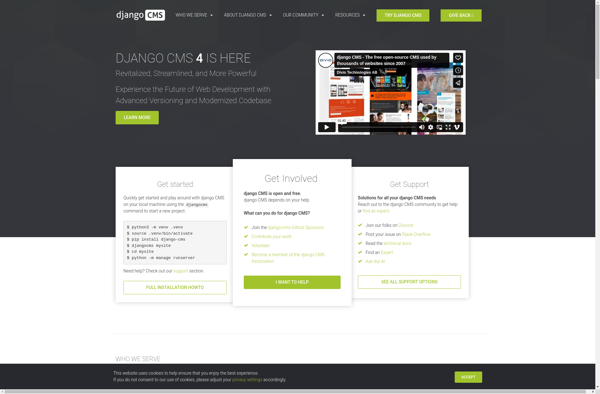Croogo
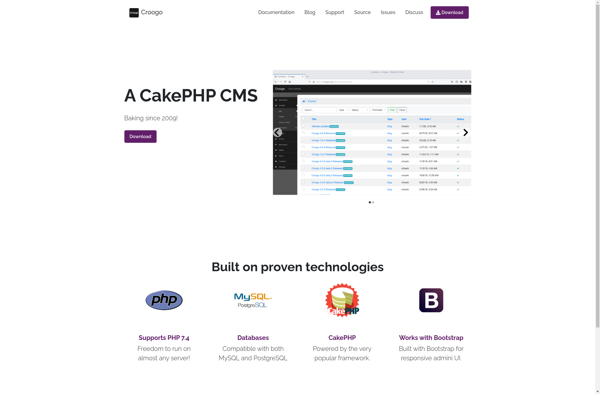
Croogo: Open-Source CMS
Croogo is an open-source CMS (content management system) built with the PHP framework CakePHP. It allows users to easily create and manage content for websites and web applications. Some key features include page and content management, user roles and permissions, SEO tools, extensions and themes.
What is Croogo?
Croogo is an open source content management system (CMS) built on the CakePHP framework for PHP. It is designed to provide a robust platform for building customized CMS-driven websites and web applications.
Some key features of Croogo include:
- Intuitive page and content management through an admin dashboard interface
- Role-based user permissions for managing access and privileges
- Tools for improving SEO such as custom URLs, meta tags management and XML sitemaps
- Modular architecture allowing extensions and plugins to expand functionality
- Theming support to customize site appearance and layout
- Form builders for creating and managing contact forms
- Multilingual capabilities to build sites for global audiences
As an open source CMS, Croogo is free to download and use. It has an active developer and user community supporting and extending it. Companies and developers can easily customize Croogo by leveraging its extensible plugin architecture to add the specific features their projects require.
Overall, Croogo provides a flexible, user-friendly platform for building feature-rich custom websites and web applications. Its modern architecture, built on CakePHP, makes it a robust and scalable solution for managing content.
Croogo Features
Features
- Content management
- User management
- SEO tools
- Themes/templates
- Extensions
- Multi-language support
- WYSIWYG editor
- Media management
- Contact forms
- Blogging
Pricing
- Open Source
Pros
Cons
Official Links
Reviews & Ratings
Login to ReviewThe Best Croogo Alternatives
Top Development and Content Management Systems and other similar apps like Croogo
Here are some alternatives to Croogo:
Suggest an alternative ❐WordPress
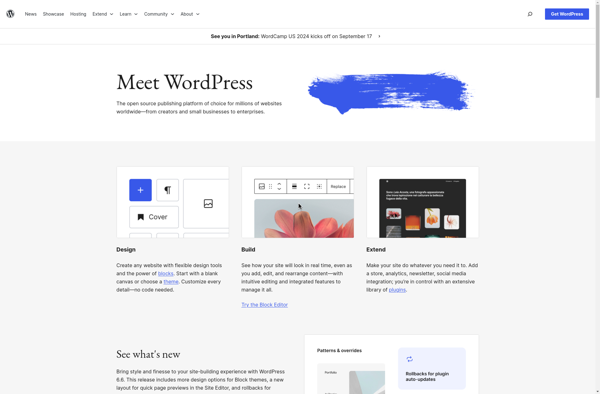
Tumblr
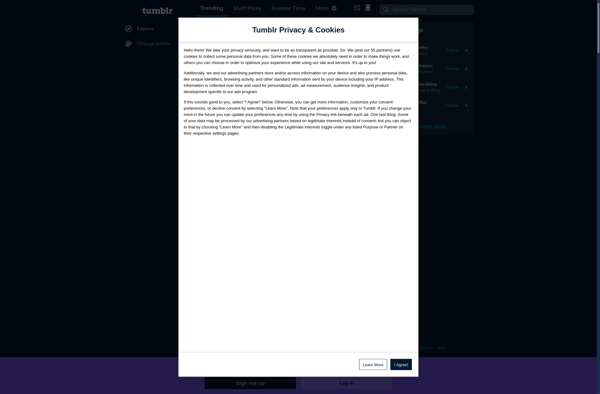
SilverStripe
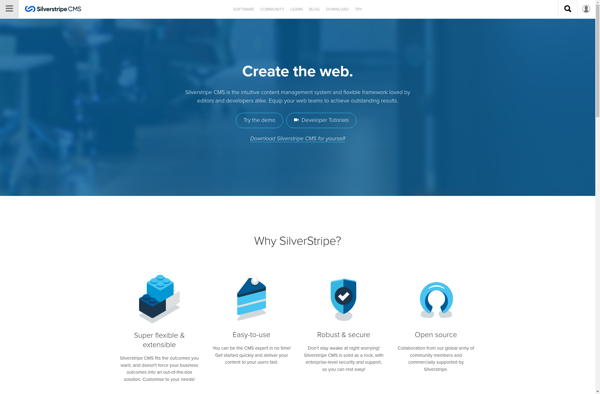
Drupal
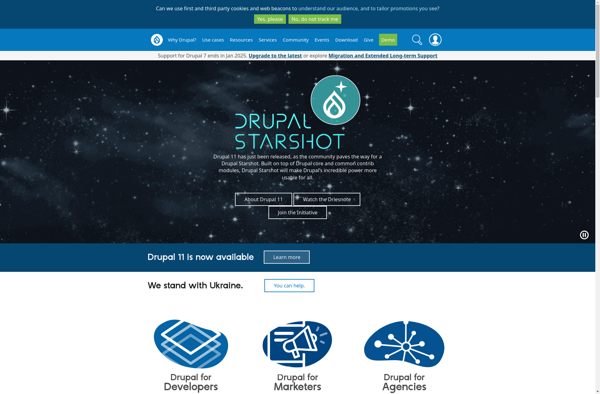
Directus
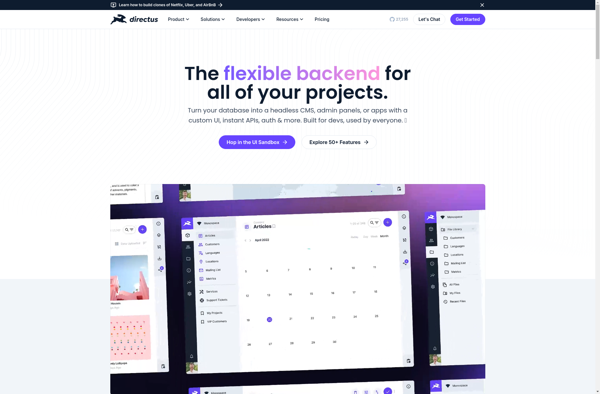
Joomla
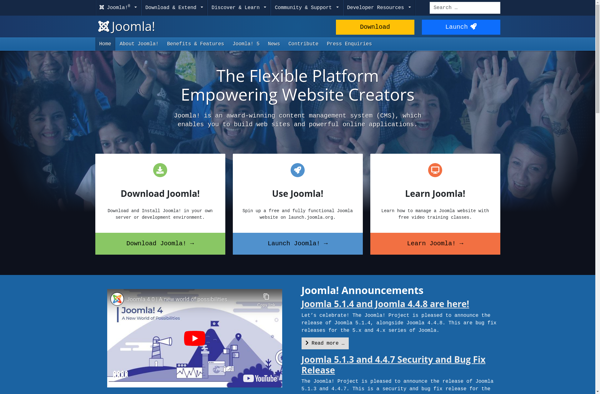
DEV Community
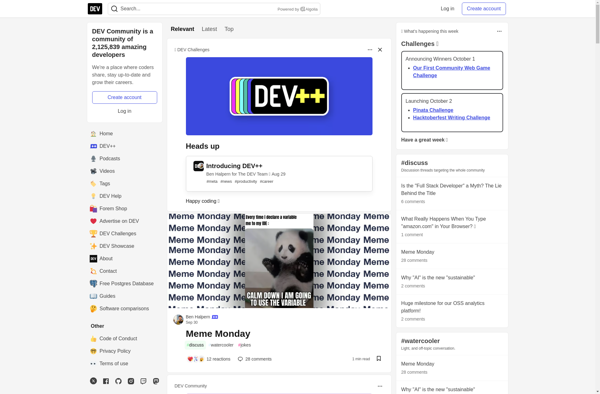
MODX
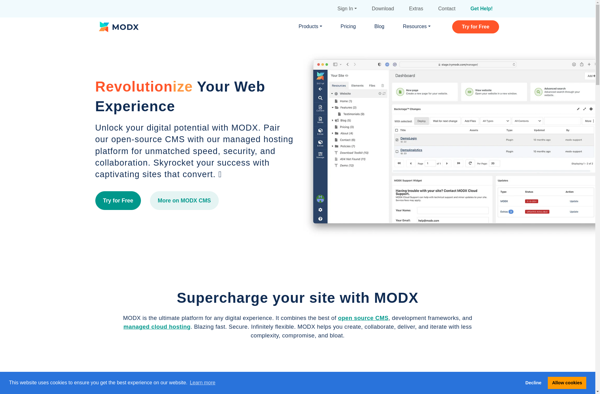
Concrete CMS
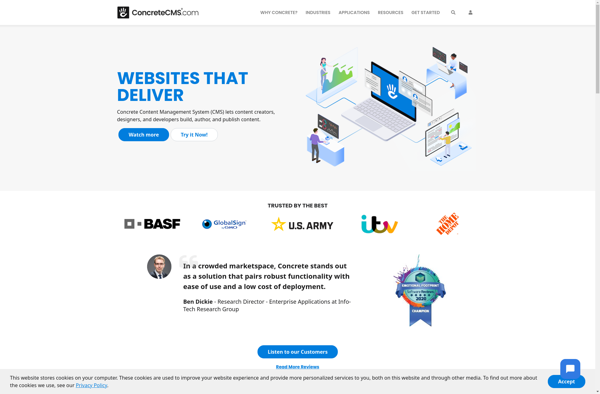
Django CMS
